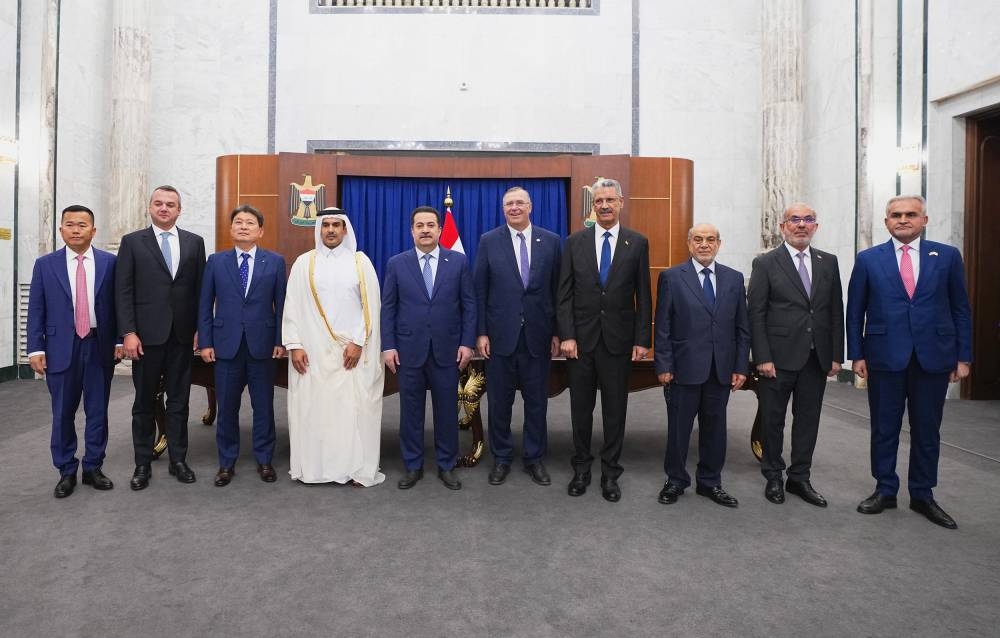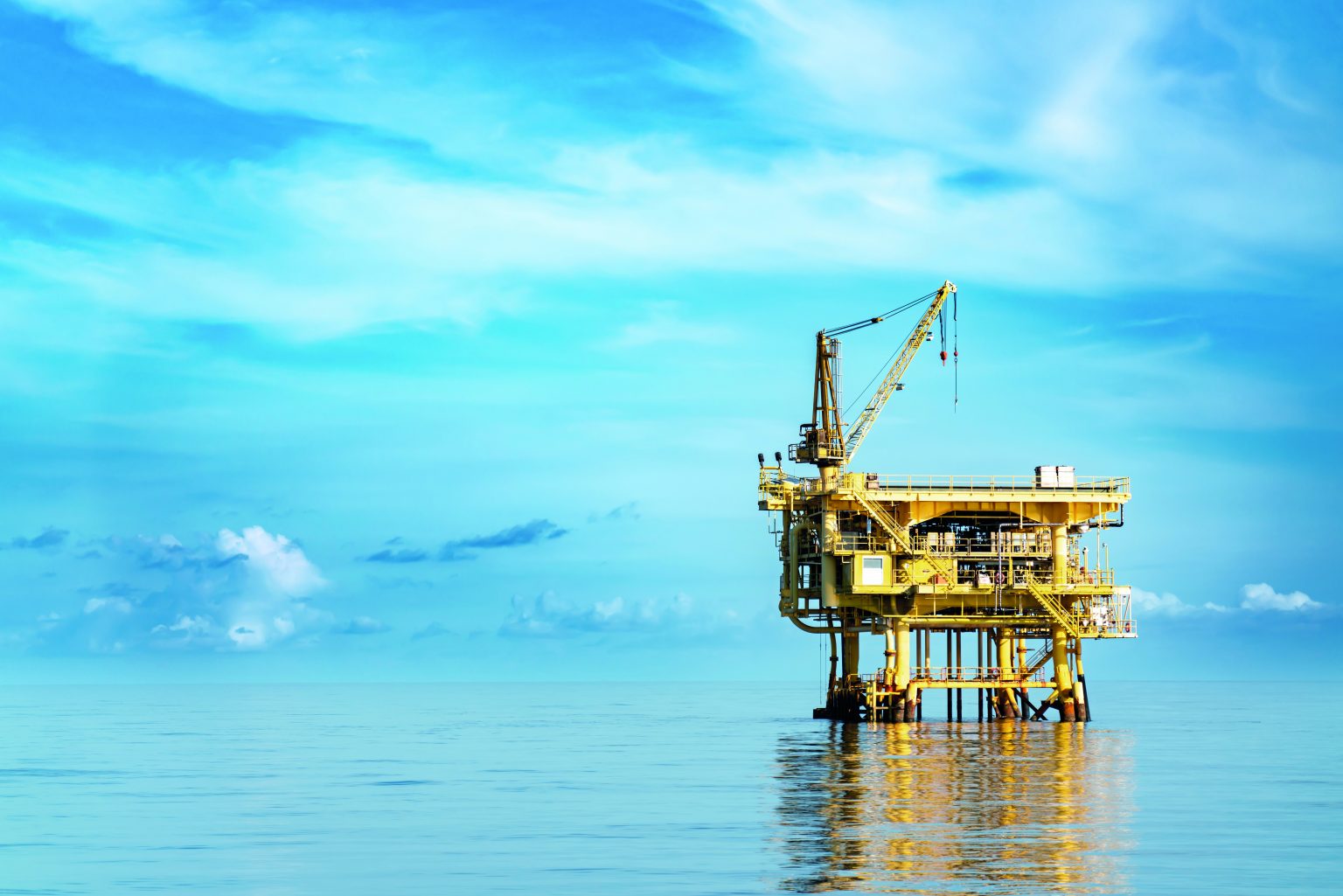-
QatarEnergy, TotalEnergies kick off $13 bn project in Iraq
Tags: #QatarEnergy
Source; Qatar tribuneMinister of State for Energy Affairs, the President and CEO of QatarEnergy HE Saad Sherida Al-Kaabi, and Patrick Pouyanné, Chairman and CEO of TotalEnergies, met in Baghdad with Mohammed Shia Al-Sudani, the Prime Minister of Iraq, to announce the start of construction of the Common Seawater Supply Project (CSSP) and Phase 2 of the Artawi Oil Field Redevelopment project (Artawi Phase 2 Project).The two projects represent the final major components of Iraq’s Gas Growth Integrated Project (GGIP), a multi-phase initiative aimed at enhancing the country’s energy infrastructure, currently being developed by the GGIP partners: QatarEnergy (25%), TotalEnergies (45%, operator), and Basra Oil Company (30%).The signing took place during a special ceremony held under the patronage of Mohammed Shia Al-Sudani and attended by Minister Al-Kaabi, Hayyan Abdul Ghani Al-Sawad, the Iraqi Deputy Prime Minister for Energy Affairs and Minister of Oil, and senior Iraqi officials and executives from the three project partners.
-
KBR wins detailed engineering contract for Qatar’s Bul Hanine field
Tags: #QatarEnergy
Source: Oil & Gas Middle EastKBR has been awarded a detailed engineering services contract for the Bul Hanine oil and gas field offshore Qatar, a project that will see the company deliver design and engineering work for QatarEnergy’s EPIC development.The Bul Hanine field lies roughly 120 kilometres east of Doha and is one of the country’s key offshore oilfields, playing a central role in sustaining Qatar’s production portfolio. According to a news report by Offshore Energy, the redevelopment project is designed to extend the field’s production life, boost capacity, and deploy advanced technologies to maximise resource recovery. It represents a significant investment in maintaining Qatar’s long-term energy output and infrastructure resilience.China’s Offshore Oil Engineering Company (COOEC) has also secured contracts for two segments of the same redevelopment initiative, underscoring the scale of Qatar’s offshore expansion efforts. Jay Ibrahim, President of Sustainable Technology Solutions at KBR, said the company is proud to support a project that underpins the nation’s energy security and growth ambitions. “As we continue to focus large efforts on the Global South, where the need for energy production continues to be in demand, we are honoured to support the redevelopment of the Bul Hanine field,” he said, according to Offshore Energy.He added that “with its proven offshore engineering expertise and successful delivery of projects across the Middle East, KBR is well-positioned to serve QatarEnergy”. The Bul Hanine award follows closely after KBR secured an engineering and procurement services contract for a gas development project upgrade in Trinidad and Tobago, signalling the company’s expanding international portfolio across major hydrocarbon markets.

